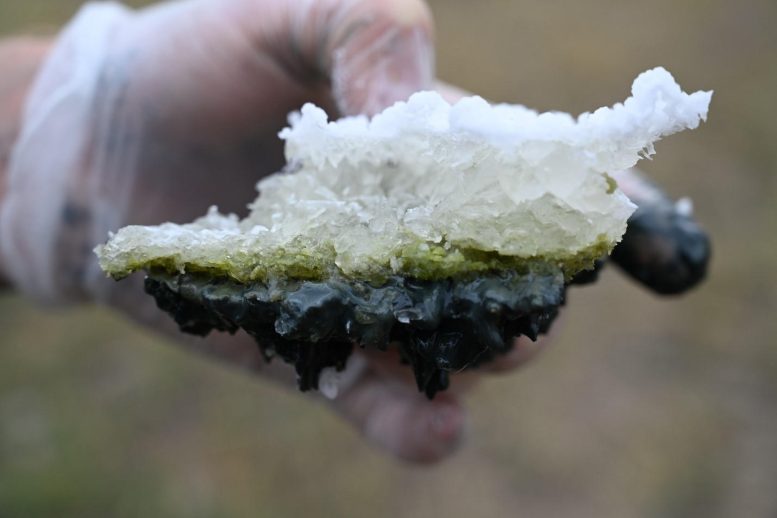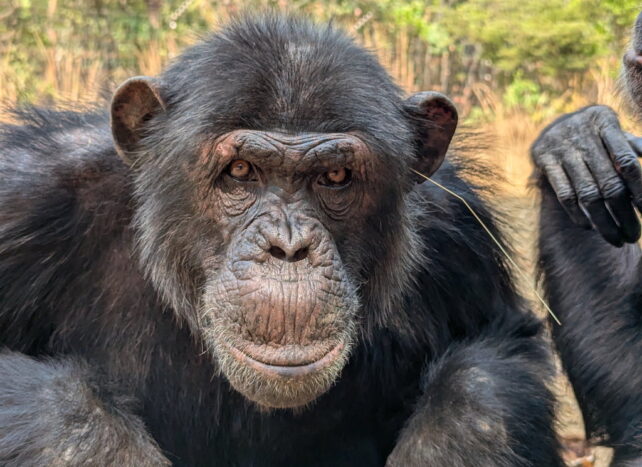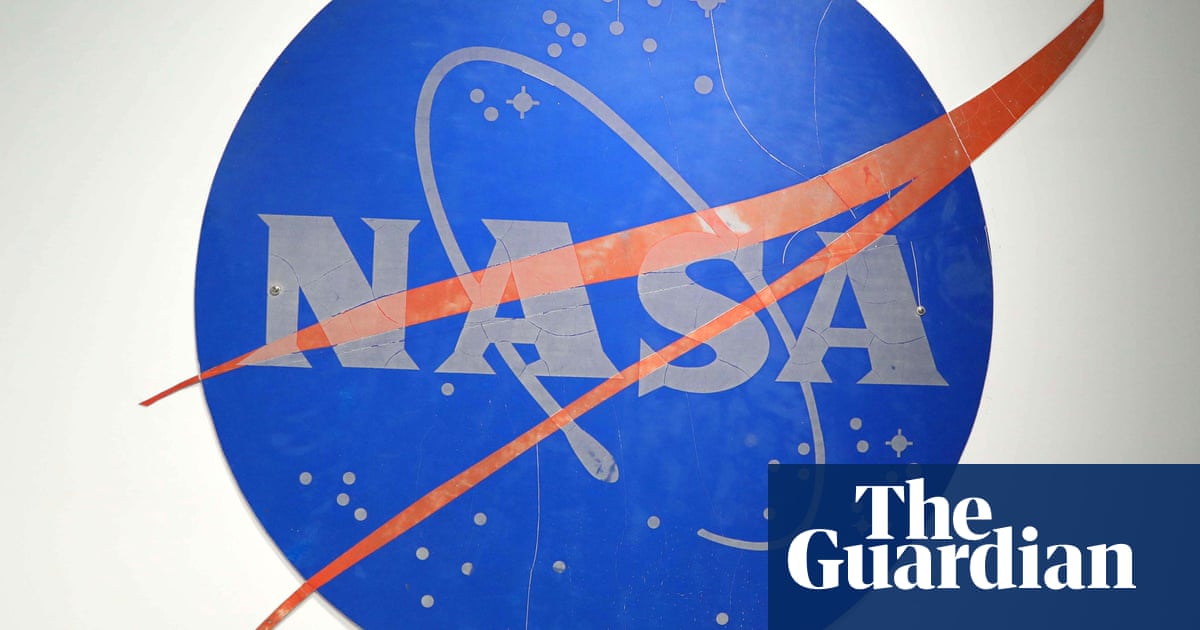 A recent study conducted by the University of Washington and published in Communications Earth & Environment proposes a shallow “soda lake” in western Canada as a potential match for the conditions suggested by Charles Darwin for the origin of life. The research suggests that soda lakes may have solved the “phosphate problem” for the emergence of life on Earth and potentially on other planets. Soda lakes are known for their high levels of dissolved sodium, carbonate, and phosphate, and the study indicates that these environments are common throughout the solar system due to the prevalence of volcanic rocks on planetary surfaces.
A recent study conducted by the University of Washington and published in Communications Earth & Environment proposes a shallow “soda lake” in western Canada as a potential match for the conditions suggested by Charles Darwin for the origin of life. The research suggests that soda lakes may have solved the “phosphate problem” for the emergence of life on Earth and potentially on other planets. Soda lakes are known for their high levels of dissolved sodium, carbonate, and phosphate, and the study indicates that these environments are common throughout the solar system due to the prevalence of volcanic rocks on planetary surfaces.
The study focused on Last Chance Lake in inland British Columbia, Canada, which has the highest known natural phosphate level in the scientific literature. The lake, which meets the requirements for a soda lake, was found to have high levels of dissolved phosphate, making it a promising candidate for the emergence of life. The researchers collected observations and samples of water, lake sediment, and salt crust to understand the lake’s chemistry and found that it accumulates key ingredients at high concentrations, providing a cradle for the origin of life.
Comparisons with another nearby lake, Goodenough Lake, revealed that Last Chance Lake’s high salinity inhibits the growth of life due to insufficient available nitrogen, allowing phosphate to accumulate. This makes it a better analog for a lifeless Earth and provides valuable insights for origin-of-life researchers and those looking for potentially habitable environments on other planets.
The research provides new support that life could have emerged from lakes on the early Earth, roughly 4 billion years ago. This has significant implications for the understanding of the emergence of life on Earth and its potential presence on other planets.














